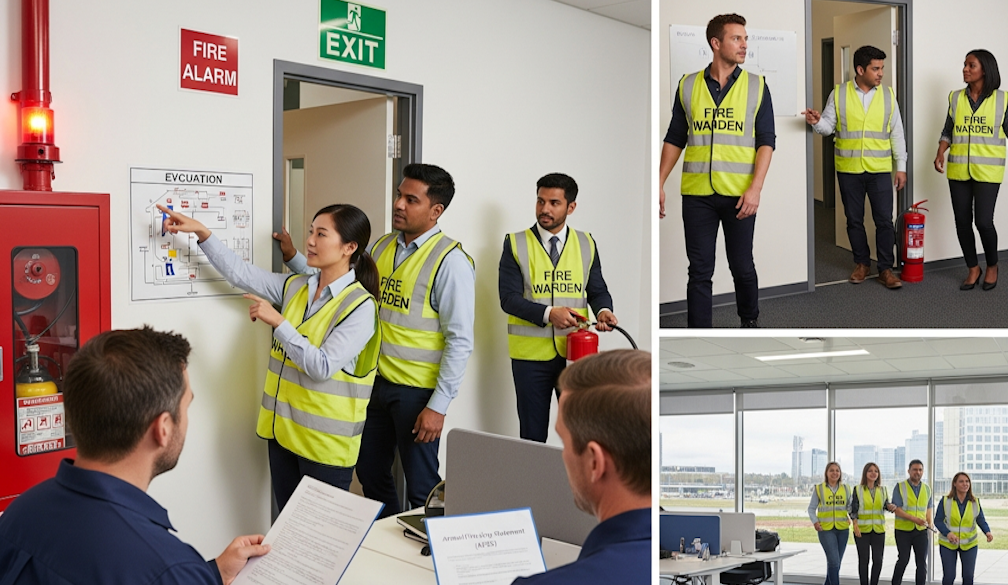Our caregivers form a blueprint for future relationships

Living in a contented home created by your lucky parents forms your foundation for relationships. Your parents provided love and attention and let you develop personal independence so you could establish your future relationships.
First relationships we experience within our homes establish patterns which Determine future connection dynamics. A secure childhood environment which our parents provide enables us to develop happy relationships as adults. The evidence suggests parental relationships typically do not achieve such results in practice. Throughout their childhood most people encounter some degree of emotional pain and frustration.
Our early relationship perspectives create patterns that guide us through our subsequent life relationships. Our childhood experiences guide us in both selecting our life partners together with our expected actions alongside their behaviors.
When we become older we will continue using the same strategies from childhood for relationship management. The independent behavior learned during childhood survives into adulthood since you maintained it from childhood. Folks who learned in their childhood to need nurturing support from others will expect that same care from others when they become adults.
All future relationships grow from the way our primary caregivers interact with us during infancy. Affectionate parents accomplished at noticing their children grant proper personal boundaries supply safe and loving surroundings that build child security.
Primary caregivers fail to establish emotional bonds with their children in this situation. A child who receives inappropriate responses from care-providing adults or faces parental neglect sometimes becomes self-reliant. During adulthood this development pattern persists so individuals stay independent while keeping others at a distance.
A certain number of parents display alternating patterns between complete neglect and excessive parental controls. In some cases parents require their children to fulfill their emotional requirements. Children with this early childhood experience show tendencies to seize onto others while needing constant attention. The anxieties they developed in childhood become embedded as adult relationship patterns.
Selection of a partner usually follows prior relationship experiences
People base their worldviews on previous life experiences. Our expectations about how others will behave emerge from how our caregivers behaved in the past. Our selection of partners frequently matches what we believe they should be. People who had parents who controlled their lives will most likely end up with controlling romantic partners. Individuals who spent childhood being neglected by those around them might develop traits of emotional distance when they become adults.
A couple entering partnership will each bring unique relationship templates to the partnership. Absolute relational factors trigger responses from each partner that align with learned early childhood behavioral patterns. As a result the dynamics between partners begin to parallel those of parenting relationships.
We can change the outcome
When we identify the recycling of former behaviors we can implement actions that create difference in our situation. Our present relationships reflect former experiences so we require past analysis to establish new and better relational outcomes. Analysis of past experiences combined with examination of the defining actions and emotions provides us with tools to rewrite future relationships.
It is possible through healing to understand your childhood difficulties so you can establish the security needed from childhood. When you master your unresolved childhood problems and emotions you set the foundation for healthier domestic settings for yourself and your partner and children today and in the future.
Our evaluation of childhood attachments combined with understanding their meaning leads to relationship enhancements across each connection we establish.
If you need help or advice on family law, please feel free to contact Richardson Murray Family Law










